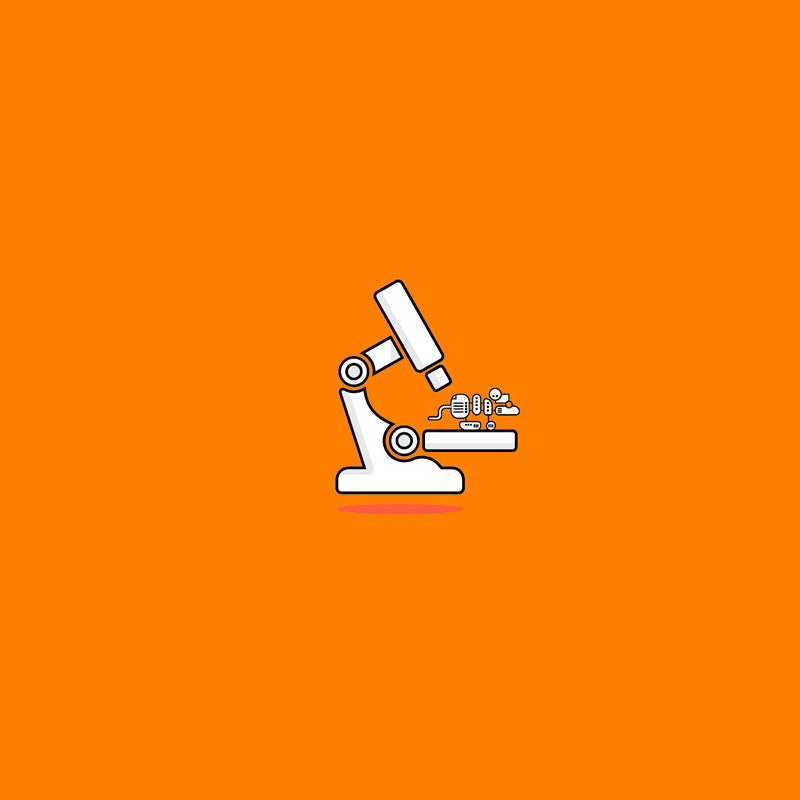
Artificial Intelligence (AI) has become the trends of technology. Powering many parts of our social and cultural to economic and political interactions, humans are having an increase reliance on them.
With the many developments and research that have been done on the AI field, we know that machine learning technology can be smart after learning how to do things it needs to do. But still, we don't really know how these neural networks' digital brains can come to certain conclusion.
And this makes researchers quite uncomfortable, because they often can't understand how AI really works.
This is what researchers call the 'black box'.
And because computer scientists have attempted to respond to the rising demands for their explainability, groups of researchers from academia and industry argue that we don’t really need to penetrate these black boxes in order to understand, and thus control how AIs affect our lives.
So instead of looking for ways to pry open the black boxes, we need to just watch how these machines behave.

First of all, AI's black boxes aren't the first black boxes we don't understand.
"We've developed scientific methods to study black boxes for hundreds of years now, but these methods have primarily been applied to [living beings] up to this point," explained Nick Obradovich, an MIT Media Lab researcher and co-author of a paper titled 'Machine Behavior', published in Nature.
“We can leverage many of the same tools to study the new black box AI systems.”
According to the paper’s authors, a diverse group of researchers from industry and academia want to create what they call "machine behavior", which is essentially an academic discipline to study AI systems in similar ways to how humans have long studied living things.
And that according to the authors, is through empirical observation and experimentation.
So here, researchers "can take the methods and tools from behavioral sciences, such as social and biological science and apply tools developed to study the behavior of black box agents, such as humans and fish, and apply those tools to increasingly complex statistical machine learning models as if they are black box agents."
What this means, they want machine behavorist to be a computer scientist in a similar way that social scientist is to a neuroscientist.
While the former looks to understand how an agent (artificial or biological) behaves in its habitat, when coexisting in groups, and when interacting with other intelligent agents, the latter seeks to understand the decision-making mechanics behind those behaviors.
"In order to understand machines you need to understand humans and how humans and machines interact in increasingly complex ways," said Obradovich.
According to Iyad Rahwan, another Media Lab researcher and lead author on the paper, said in a blog post accompanying the publication: "We’re seeing the rise of machines with agency, machines that are actors making decisions and taking actions autonomously.
And this is why they need to be studied “as a new class of actors with their own behavioral patterns and ecology.”

The strategy is meant to move away from the traditional approach of viewing AI systems: From intelligent machines as passive tools that can only be assessed through their technical architecture, performance, and capabilities, to active actors that change and influence the environments (people and machines) around them.
In an example, a machine behaviorist might study the impact of voice assistants on a child’s personality development. Or, they might examine how online dating algorithms have changed how people meet and fall in love.
The goal would be to study the properties that emerge from humans and machines coexisting and collaborating together.
Despite being in a distinct discipline from AI researchers, machine behaviorists can still work closely with them.
While machine behaviorists' job is to discover new ways AI systems behave and affect people, AI researchers can bring the knowledge to improve the system's design.
“We need the expertise of scientists from across all behavioral and computational disciplines,” said Obradovich. “Figuring out how to live with machines is a problem too vast for any one discipline to solve alone.”
“We are all one giant human-machine system,” says Obradovich. “We need to acknowledge that and start studying it that way.”